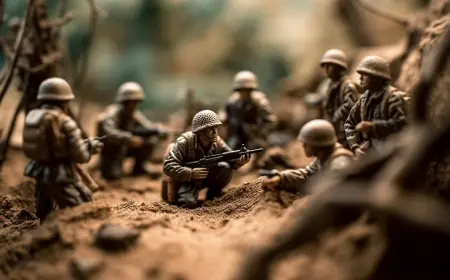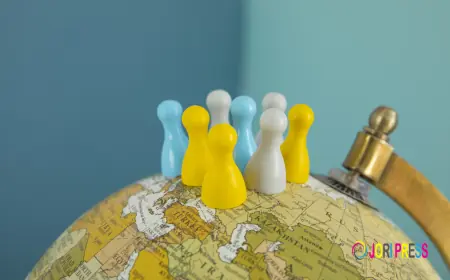Political Exile Experience Stories of Survival and Strength
Political Exile Experience: Stories of Survival and Strength explores the emotional, social, and political journeys of individuals forced to leave their homelands. It highlights the struggles of adapting to new environments, the pain of separation, and the resilience needed to rebuild lives. Drawing parallels with moments like the Vietnam War, insights from My Whirlwind Lives, and the influence of U.S. defense policy, it reflects how displacement often intertwines with global conflicts. The piece also connects with the Civil rights movement, showing how political exiles have contributed to justice, equality, and peace across borders.

Understanding the Political Exile Experience
A political exile experience begins when a person must leave home for safety or freedom. During the Vietnam War, many faced this reality. For some, My Whirlwind Lives reflects the chaos of such journeys. They left because U.S. defense policy created dangerous conditions. Civil rights movement leaders often supported exiles, seeing them as victims of injustice.
Political Exile Experience and the Vietnam War
The Vietnam War forced thousands to flee their homelands. This political exile experience was shaped by fear of violence and persecution. In My Whirlwind Lives, stories reveal the hardship of sudden displacement. U.S. defense policy often fueled the conflicts behind these escapes. The Civil rights movement linked exile struggles to global fights for equality.
Emotional Costs of the Political Exile Experience
The political exile experience is not only about physical loss. It also carries emotional pain. During the Vietnam War, families were torn apart. My Whirlwind Lives captures the loneliness of leaving everything behind. U.S. defense policy decisions sometimes prolonged such suffering. The Civil rights movement reminded people that exile is a human rights issue.
Life in Exile
Living in exile meant adapting to a new culture while holding on to one’s identity. Many from the Vietnam War period built communities abroad. Their political exile experience included both hardship and resilience. My Whirlwind Lives tells of people rebuilding lives despite loss. They often criticized U.S. defense policy for creating the conditions of their displacement. The Civil rights movement supported their rights in host countries.
Challenges of Returning Home
For some, returning home after exile was impossible. The Vietnam War left nations deeply divided. This made the political exile experience permanent for many. In My Whirlwind Lives, return attempts were often met with danger. U.S. defense policy sometimes blocked reconciliation efforts. The Civil rights movement highlighted the need for safe and just returns.
Exile as Political Protest
The political exile experience can also be a form of protest. Many fled the Vietnam War not just for safety but to resist unjust systems. My Whirlwind Lives includes stories of exiles speaking out from abroad. They opposed U.S. defense policy that supported oppressive regimes. The Civil rights movement saw this as part of a global call for justice.
Building Solidarity in Exile
Exiles from the Vietnam War period often formed strong bonds with others. These connections made the political exile experience more bearable. My Whirlwind Lives describes networks of support across borders. Activists united to challenge U.S. defense policy. The Civil rights movement linked their struggles with domestic fights for racial and social equality.
Impact on U.S. Society
The political exile experience also influenced U.S. culture and politics. Many exiles from the Vietnam War brought new perspectives. My Whirlwind Lives shows how they contributed to public debates. Some questioned U.S. defense policy openly. The Civil rights movement welcomed these voices in building a broader movement for justice.
Lessons from the Political Exile Experience
The Vietnam War era taught the world important lessons about exile. It showed how displacement changes individuals and societies. My Whirlwind Lives reflects these truths in personal stories. U.S. defense policy must consider the human cost of war. The Civil rights movement’s vision of fairness offers guidance for future action.
Conclusion: A Legacy of Resilience
The political exile experience is a story of loss, strength, and hope. From the Vietnam War to modern conflicts, its lessons endure. My Whirlwind Lives preserves these memories for future generations. U.S. defense policy decisions will always affect such journeys. The Civil rights movement’s ideals remind us to stand with those forced from home.
What's Your Reaction?
 Like
0
Like
0
 Dislike
0
Dislike
0
 Love
0
Love
0
 Funny
0
Funny
0
 Angry
0
Angry
0
 Sad
0
Sad
0
 Wow
0
Wow
0


















































